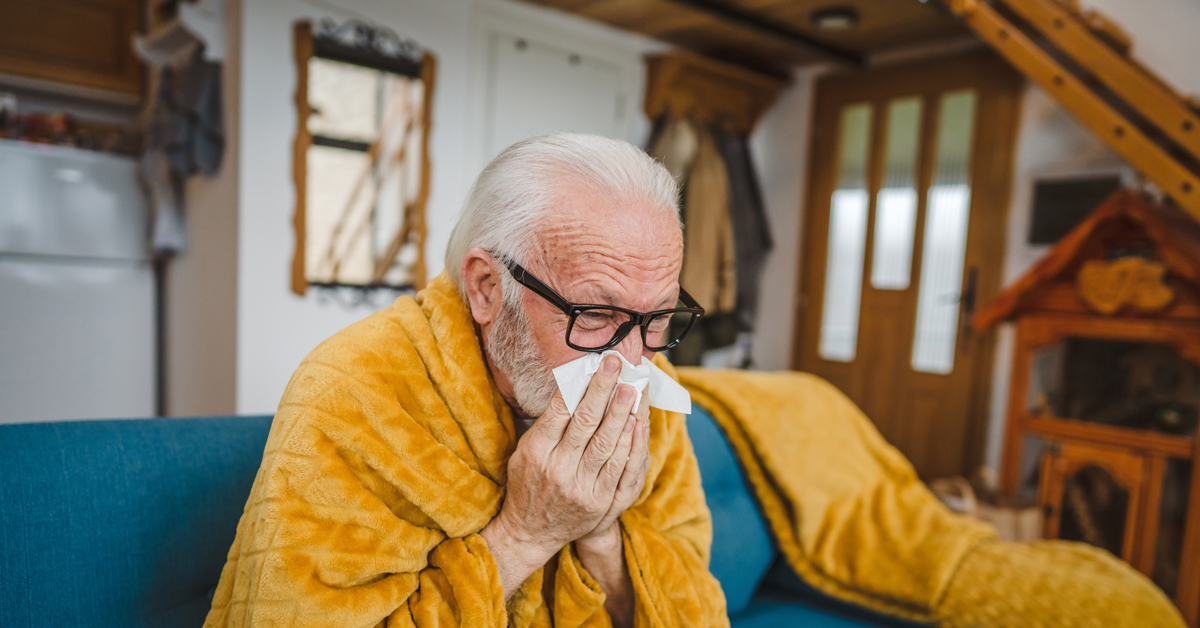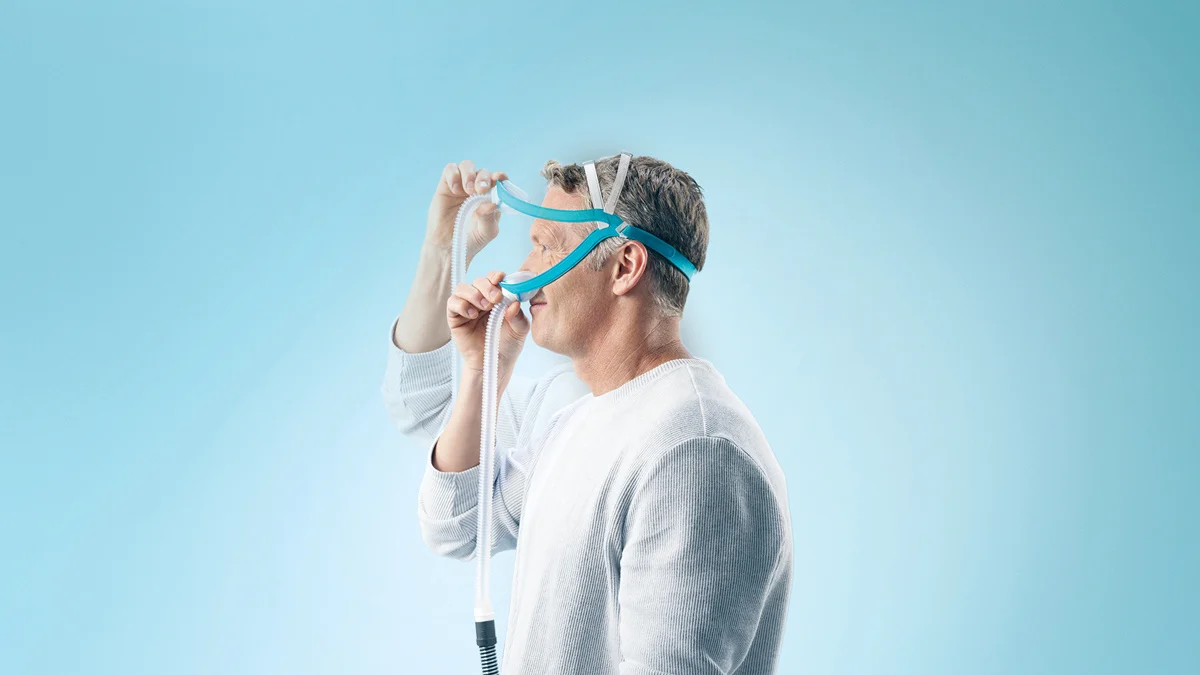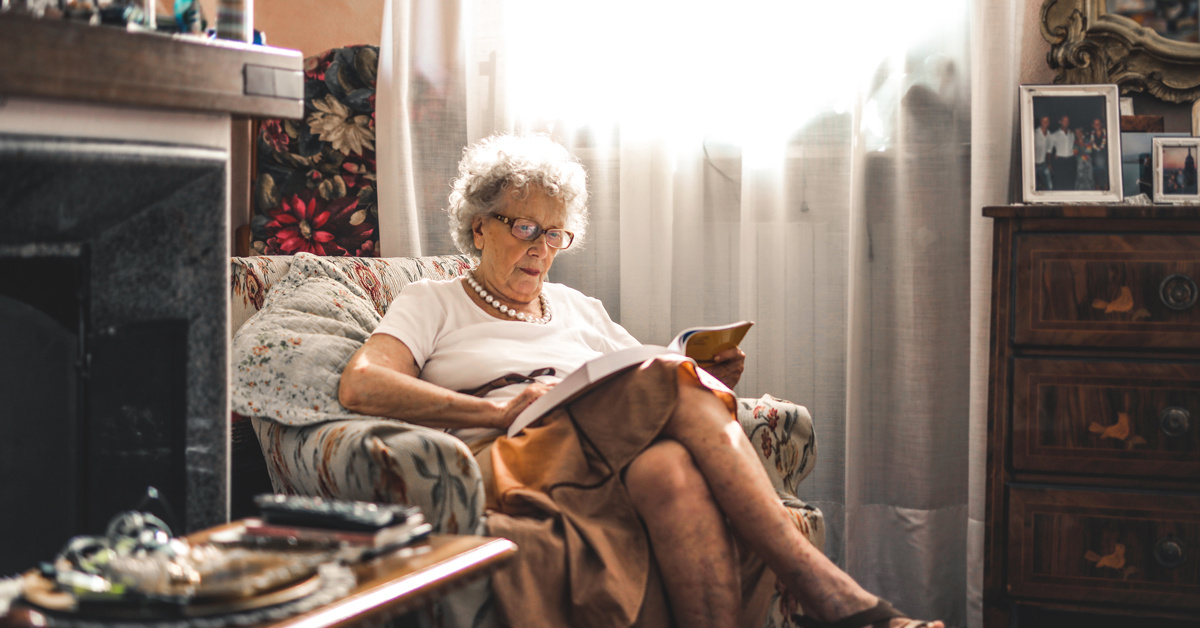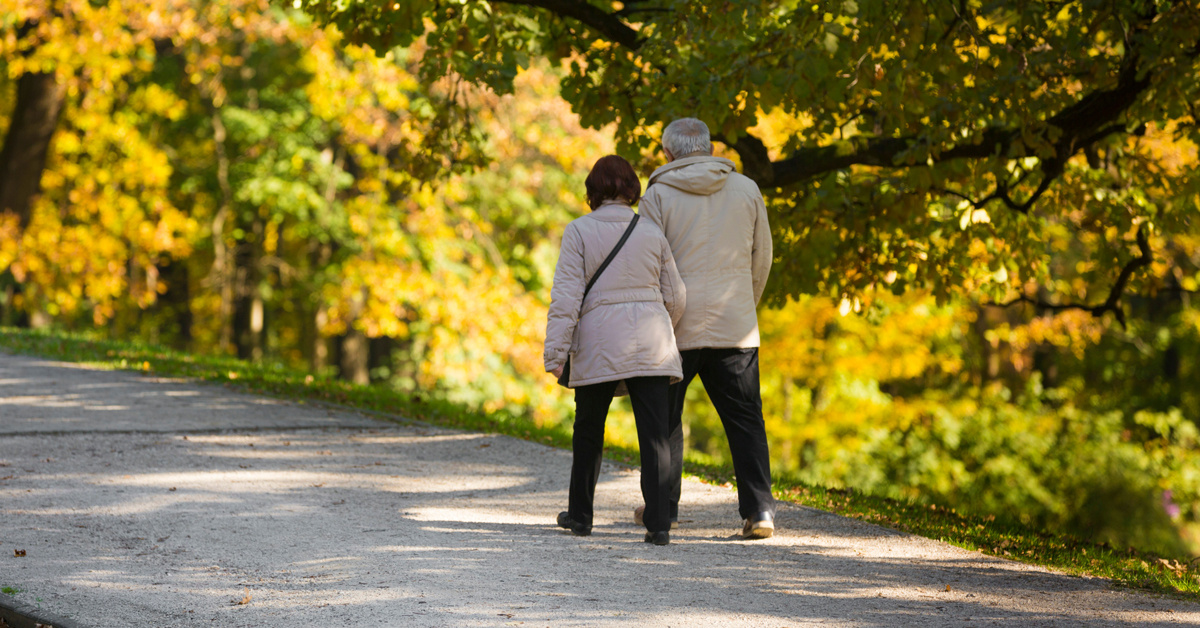A good night’s sleep is critical to a healthy lifestyle. It helps you feel refreshed, alert, and eager to start the day when you awake. However, if you have sleep apnea, sleeping soundly throughout the night can be very challenging.
Sleep apnea is a common condition that affects more than 22 million people in this country and more than 100 million people around the world. It happens when your airway becomes obstructed during sleep. This prevents you from breathing normally. Your body responds by forcing you to wake up to restart the breathing process. This can occur hundreds of times throughout the night, completely disrupting your sleep cycle.
The result: people with sleep apnea often wake up feeling sleepy and continue to feel that way throughout the day. It’s hard to be your best when you don’t feel your best.
The Importance of Treating Sleep Apnea
It’s important to treat sleep apnea. If untreated, it increases your risk for a variety of other serious health issues:
- Type 2 diabetes
- Heart disease, abnormal heartbeat (atrial fibrillation), and stroke
- High blood pressure
- Metabolic syndrome (a group of health conditions—for example, high blood sugar, abnormal cholesterol levels, and increased waist size – that increase your risk of heart disease, diabetes, or stroke)
- Liver problems
- Cancer
- Chronic kidney disease
- Asthma symptoms
- Pregnancy complications
- Eye disorders such as glaucoma
- Depression
- Memory loss
- Obesity
- Acid reflux
The good news: there are very effective sleep apnea treatments. They fall into 3 main categories.
1. Lifestyle Changes
There are a variety of relatively simple things you can do to help treat your sleep apnea.
Maintain a Healthy Weight
Obesity, especially in the upper body, can increase the risk of airway obstruction and can cause sleep apnea. Even a modest weight reduction helps keep airways clear and reduce sleep apnea symptoms.
Change Your Sleep Position
Altering your sleep position can reduce sleep apnea symptoms and improve your night’s rest. Studies have found that more than half of sleep apnea cases are caused by your sleep position. Sleeping on your back (called the supine position) can worsen symptoms. For some people, sleeping on the side encourages normal breathing. Discuss body positioning and your sleep apnea symptoms with your doctor to evaluate your options for treatment.
Avoid Alcohol and Smoking
If you smoke, talk with your doctor about quitting. Tobacco use contributes to the inflammation and swelling of your airways, which may result in the airflow being blocked. If you drink, limit your alcohol intake. Alcohol relaxes the throat muscles that control your breathing. This can cause snoring and interrupt your sleep cycle.
Watch What You Eat and Drink
The foods you eat affect the quality and duration of sleep. It’s important to think about what you eat before going to bed. Falling asleep, and more importantly staying asleep, can be difficult if you are feeling uncomfortably full after a large meal.
Avoid the following before bedtime:
- Spicy foods—and anything else that gives you acid reflux or heartburn.
- Caffeine—in all its forms: coffee, energy drinks, chocolate desserts, and even dark chocolate, which is an excellent source of antioxidants but also contains more caffeine.
- Fatty and Greasy Foods—such as bacon, fried chicken, burgers and fries, and certain cheeses.
- Excessive Amounts of Sugar—desserts, sweetened beverages, or anything loaded with sugar can impact the quality of your sleep.
- Alcohol—no, it’s not a sleep aid. It increases the risk of sleep apnea. That’s because it relaxes throat muscles, which inhibits breathing and causes apneic episodes. Alcohol robs you of valuable REM (rapid eye movement) sleep, the deepest state of sleep when you dream.
- Excessive Amounts of Fluids—have fluids, but in moderation. Drinking too much may cause you to make multiple trips to the bathroom, interrupting your sleep.
2. Exercise, Sleep and Breathe Better
Exercise can increase your energy level, strengthen your heart, and improve your sleep by helping you relax when you go to bed. Talk with your doctor about the best exercise program for you.
Adopting daytime and nighttime routines can help improve your sleep. For instance, a dark, quiet bedroom and comfy mattress and pillow will help you drift off to sleep. Before you go to bed, try to limit the use of technology, and silence notifications on your phone. Stick to your schedule; go to bed and wake up at the same time every day. And try to relax. Reading a book or meditating can help make you feel sleepy.
Below are some helpful tips to help decrease congestion while you sleep:
- Humidifiers—add moisture to the air and can open your airways, decrease congestion, and encourage clearer breathing.
- Nasal Sprays—can help as they act as decongestants, moistening the nasal passages to relieve blockages. However, they can be addictive and should only be used as directed.
- Nasal irrigation devices—use saline solution to moisten nasal passages and flush out mucus that may be preventing you from breathing properly.
- Honey—is a natural moisturizer and an anti-inflammatory that helps decrease swelling in the nasal passages and the throat. Before you hit the hay, swallow a tablespoon of honey.
3. Medical Devices
In addition to making changes to your lifestyle, your healthcare provider may decide to try one of the many products designed to help treat sleep apnea. Below is some information about some of the more popular options:
Continuous Positive Airway Pressure (CPAP)
CPAP is considered the “gold standard” for treating sleep apnea. There are more than 8 million CPAP users in the US. CPAP involves wearing a mask over your nose or mouth while you sleep. The mask is connected to a machine that delivers a constant flow of air to keep your airways open so you can breathe—and sleep—normally. Studies have shown that CPAP helps improve quality by improving:
- Overall symptoms
- Daily functioning
- Emotional functioning
- Social interactions
Bilevel Positive Airway Pressure (BiPAP)
Some people benefit from an alternative to CPAP called BiPAP. Both require a face mask and tubing connected to a device that pumps air to help you breathe more normally. But BiPAP delivers pressurized air at two alternating levels: one level when you inhale, another when you exhale. BiPAP isn’t right for everyone, so be sure to talk with your doctor.
Start Treating Sleep Apnea Today So You Can Sleep Better Tonight
Sleep apnea is a serious—but treatable—medical condition. Work with your doctor to create a plan and identify the sleep apnea treatments that are right for you.

.png)



